Climate change: Rwanda women farmers need full support from their spouses
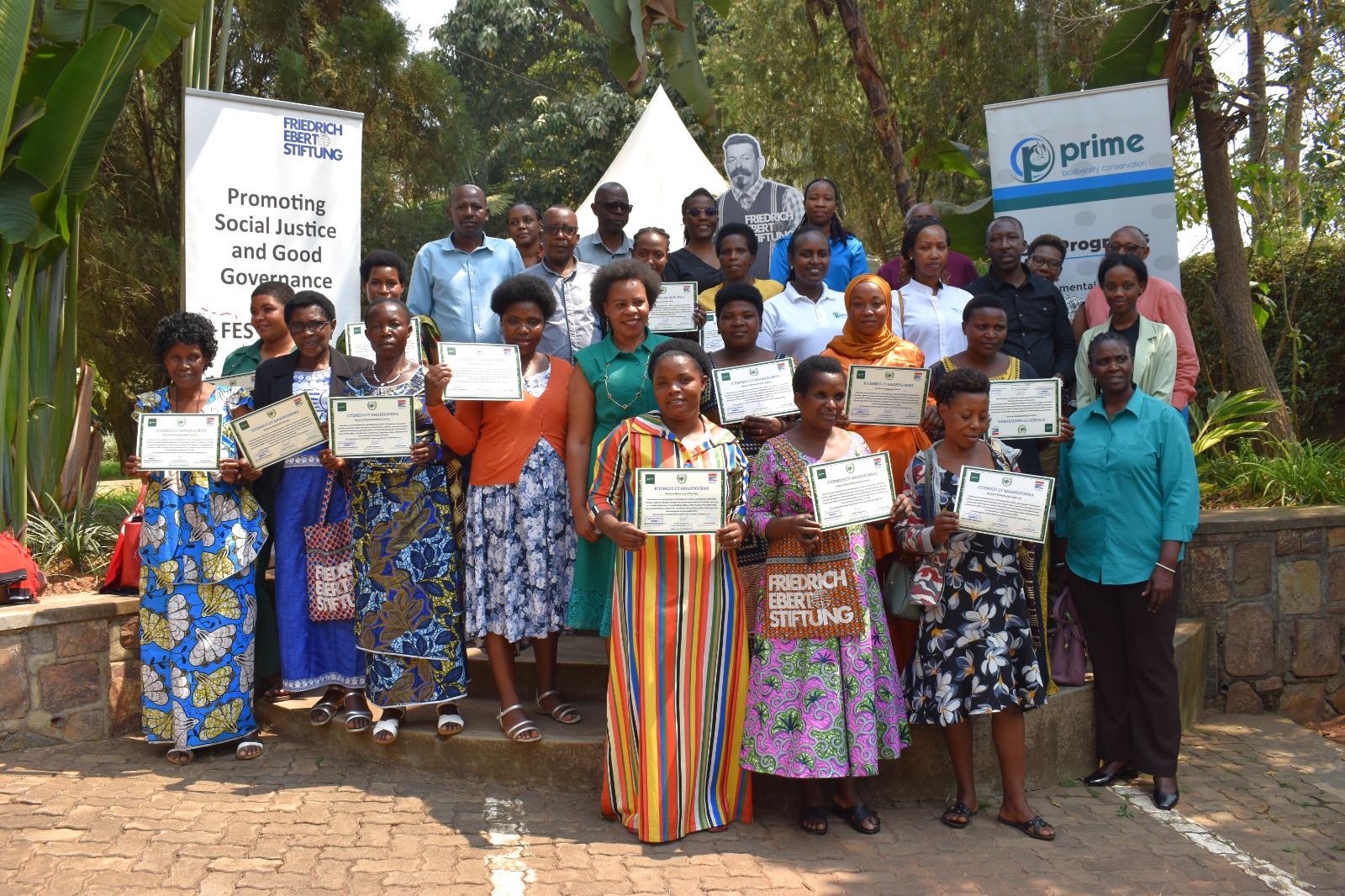
Rwanda women Farmers and fisherwomen in the areas most affected by floods need the full support of their spouses, especially after losing their crops to floods.
These women attended a four-month training courses organized by Friedrich-Ebert-Stiftung (FES) on climate change and its impact on the agriculture and fishing sector.
Nyirasinamenye Rachel from Rutsiro District in NyabirasiSector, Western Province, is one of the trained farmers.
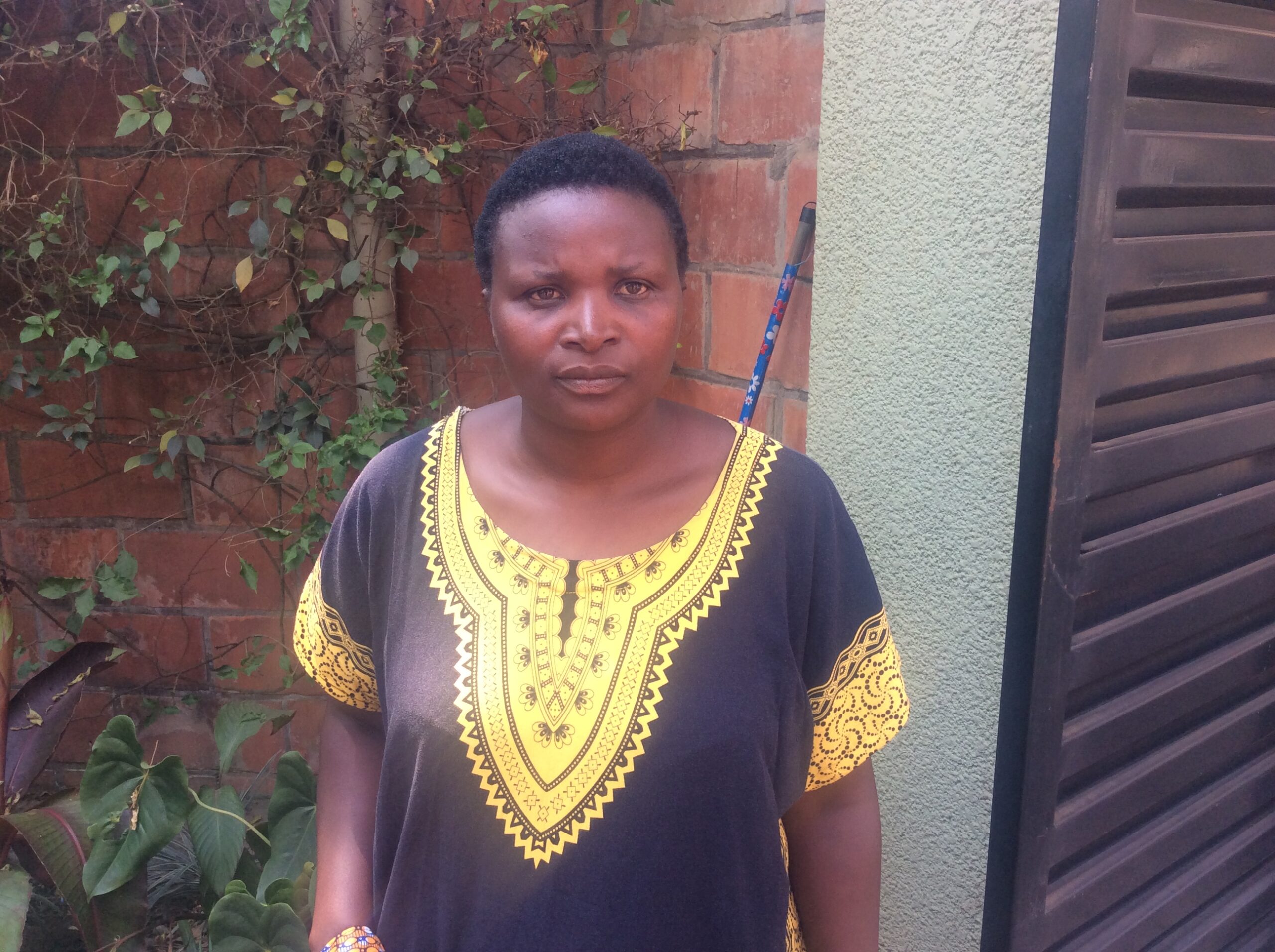
She explained that one of the effects of the floods on their business is that it damages their crops, making it difficult or quite impossible to repay bank loans.
“The first impact of climate change on us is that it causes flooding. Floods damage our crops, families die of hunger, children suffer from malnutrition and drop out of school. There will then be conflicts within families because the woman will not be able to repay the bank loan she took out to cultivate.” she emphasized.
She asks their spouses to be patient, to agree to cooperate with them and help them pay for bank loans when their crops perish.
“What I would ask our husbands is to work with us, to support us to face the challenges of climate change. If we lose crops and money we invested, they should be the first to support us and be with us to overcome the loss instead of causing conflicts.”, she clarified.
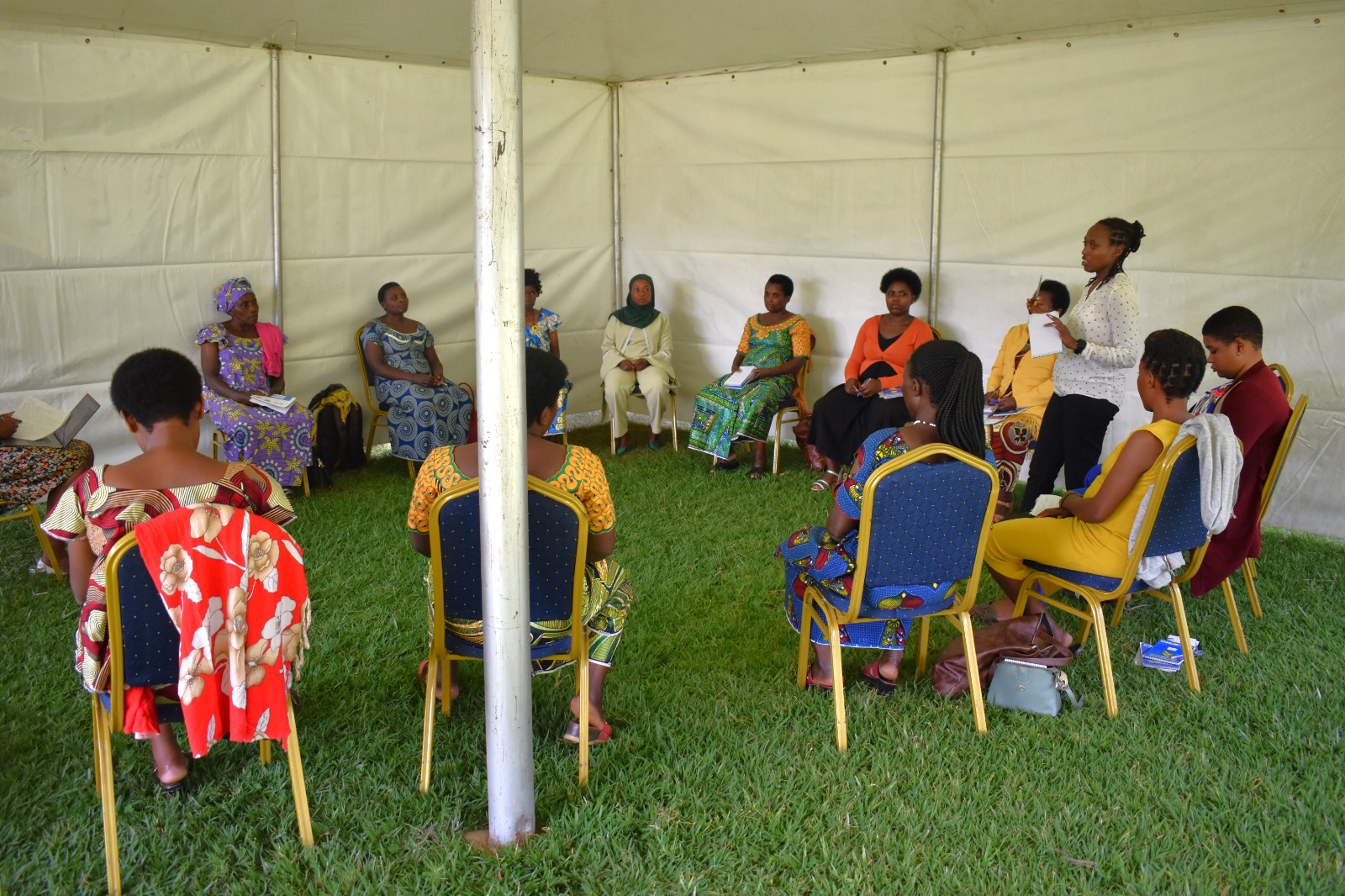
These women say that the training was beneficial to them as they were able to understand the reasons for certain calamities and floods. They say they will help their neighbors in the same profession who were unable to participate in the training.
“As farmers, what we can do is to accept to live with the consequences of climate change, because it is almost impossible to combat them. But what we can do is take the necessary measures, like mixing trees with plants so that our crops don’t wither, thus we will breathe fresh air.”
They also want to be put in touch with the BDF (Business Development Fund) so that they can help them to easily obtain loans. They would like help finding reservoirs, to collect water during the rainy season and use it during the dry season.
Marie Salvatrice Musabyeyezu, Program Manager in FES (Friedrich Ebert Stiftung) in charge of programs including projects related to climate change. She says that the FES will do everything possible to connect these women with partners who will help them, so that they can get what they need in their daily work.
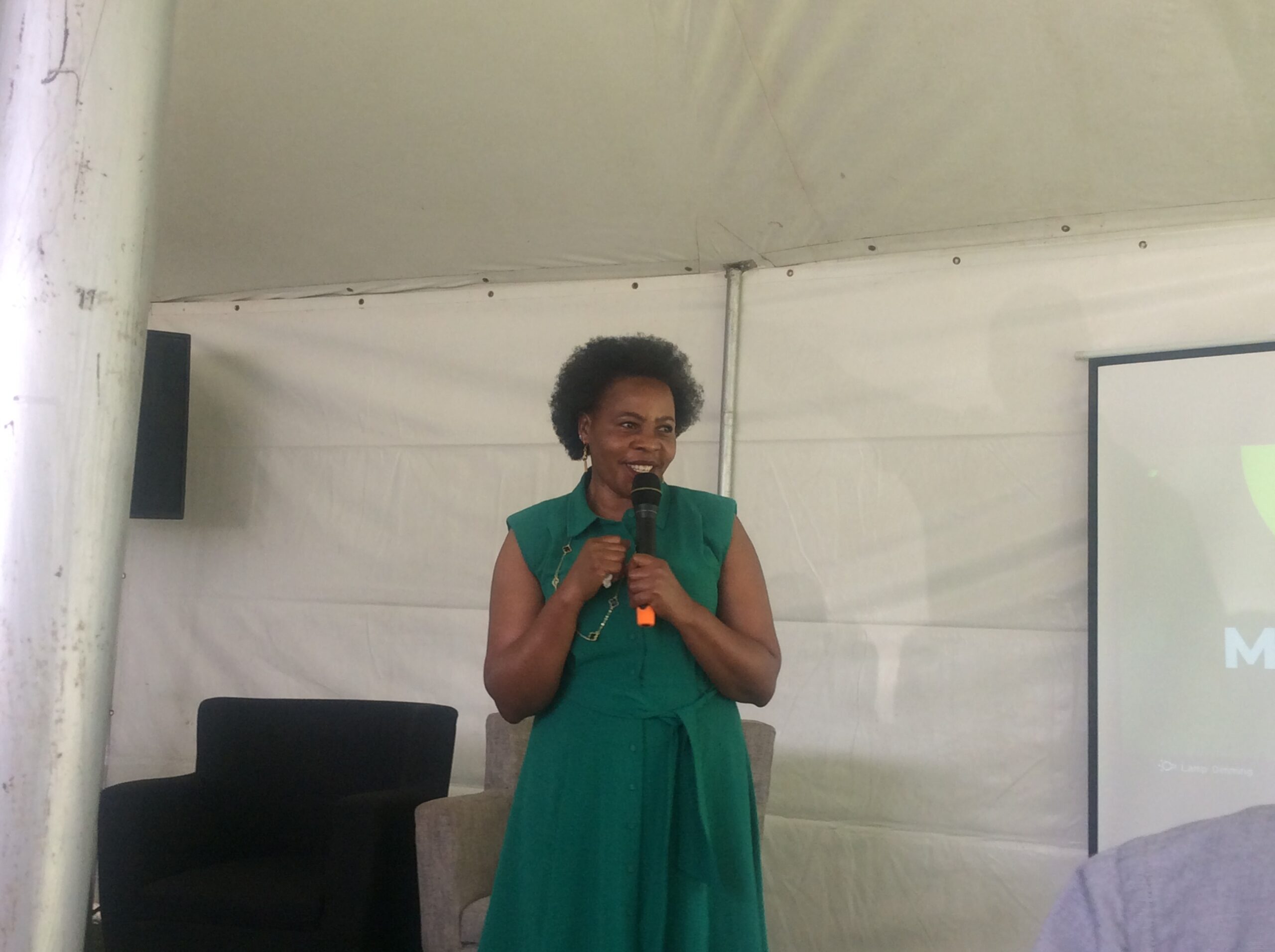
“Women suffer more from climate change than men… We had a four-month program to train them and help them understand that what they usually do in traditional agriculture can be improved.
We will help them improve these techniques, help them deal with problems related to climate change, but also to improve the productivity of their activities and to feed their family” she explained.
“So there, they would need equipment in a simple way or obtain loans without too many complications, that is why we called BDF. We continue to advocate with other institutions. And after this training, we will continue to work with them, with different institutions… so that they can continue to advocate for these rural women farmers.”
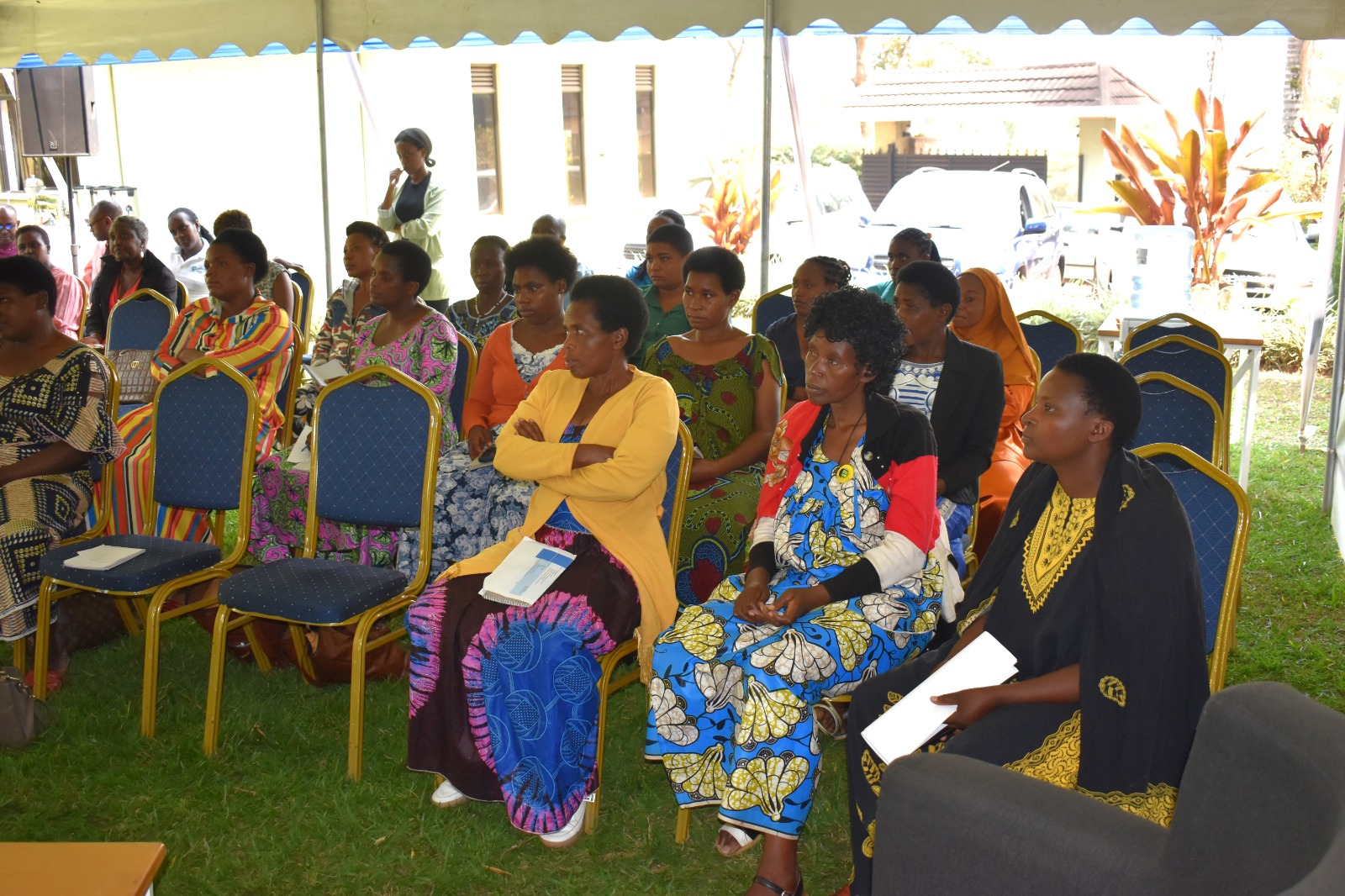
This program started four months ago in the Western Province, in the areas most affected by flooding such as Rutsiro and Rubavu. This program will continue in the Eastern Province, where global warming is underway.
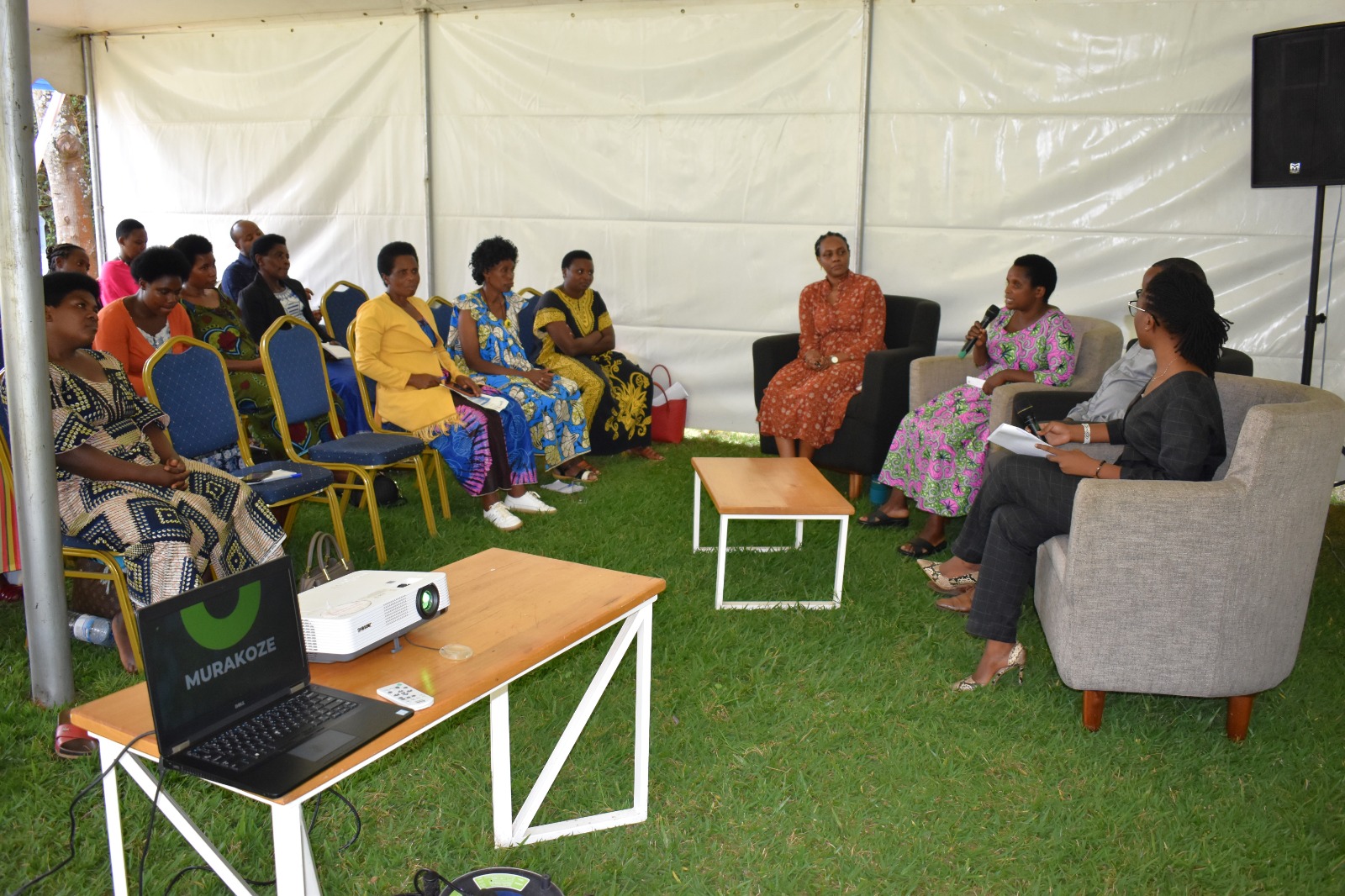
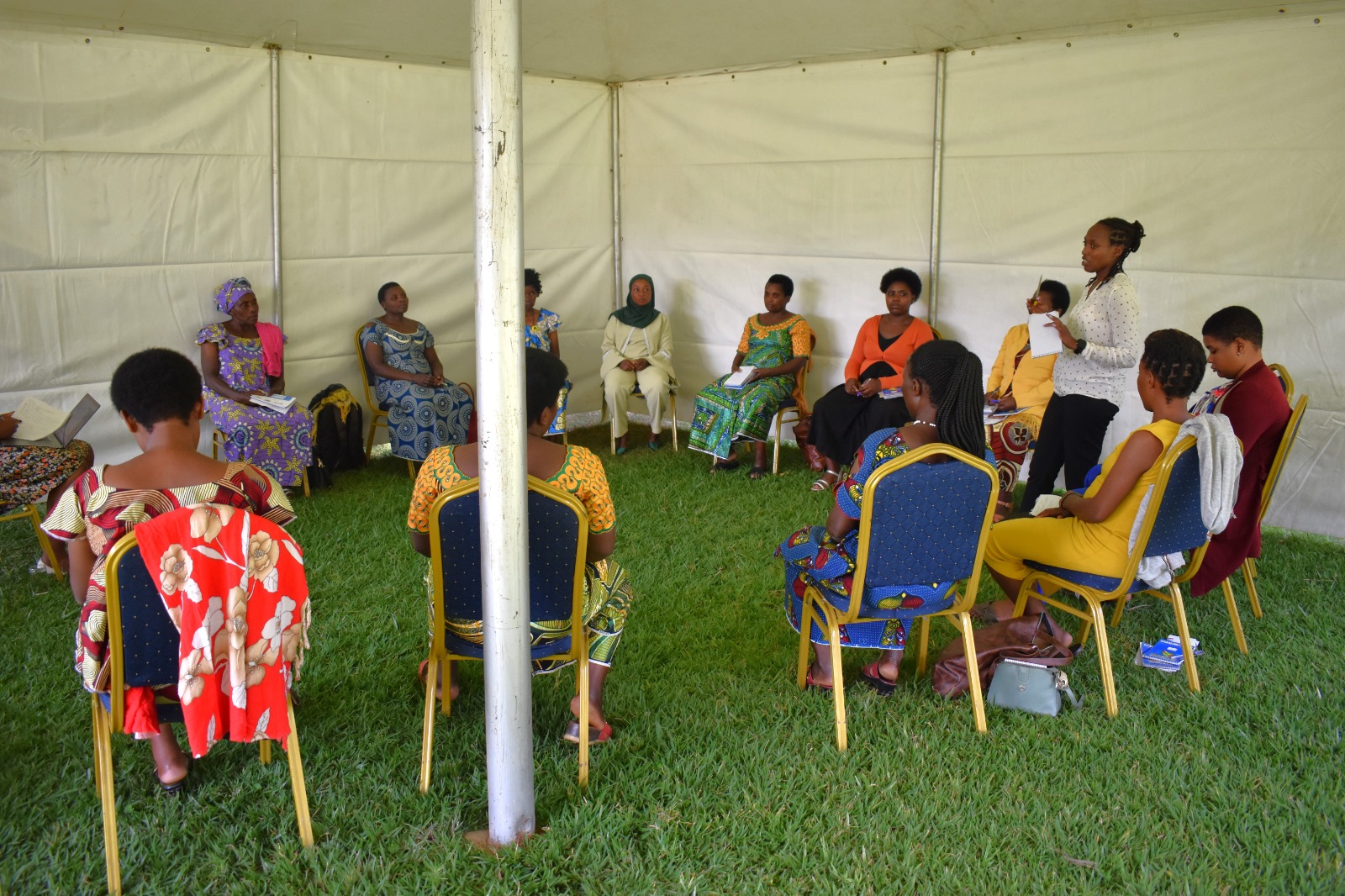
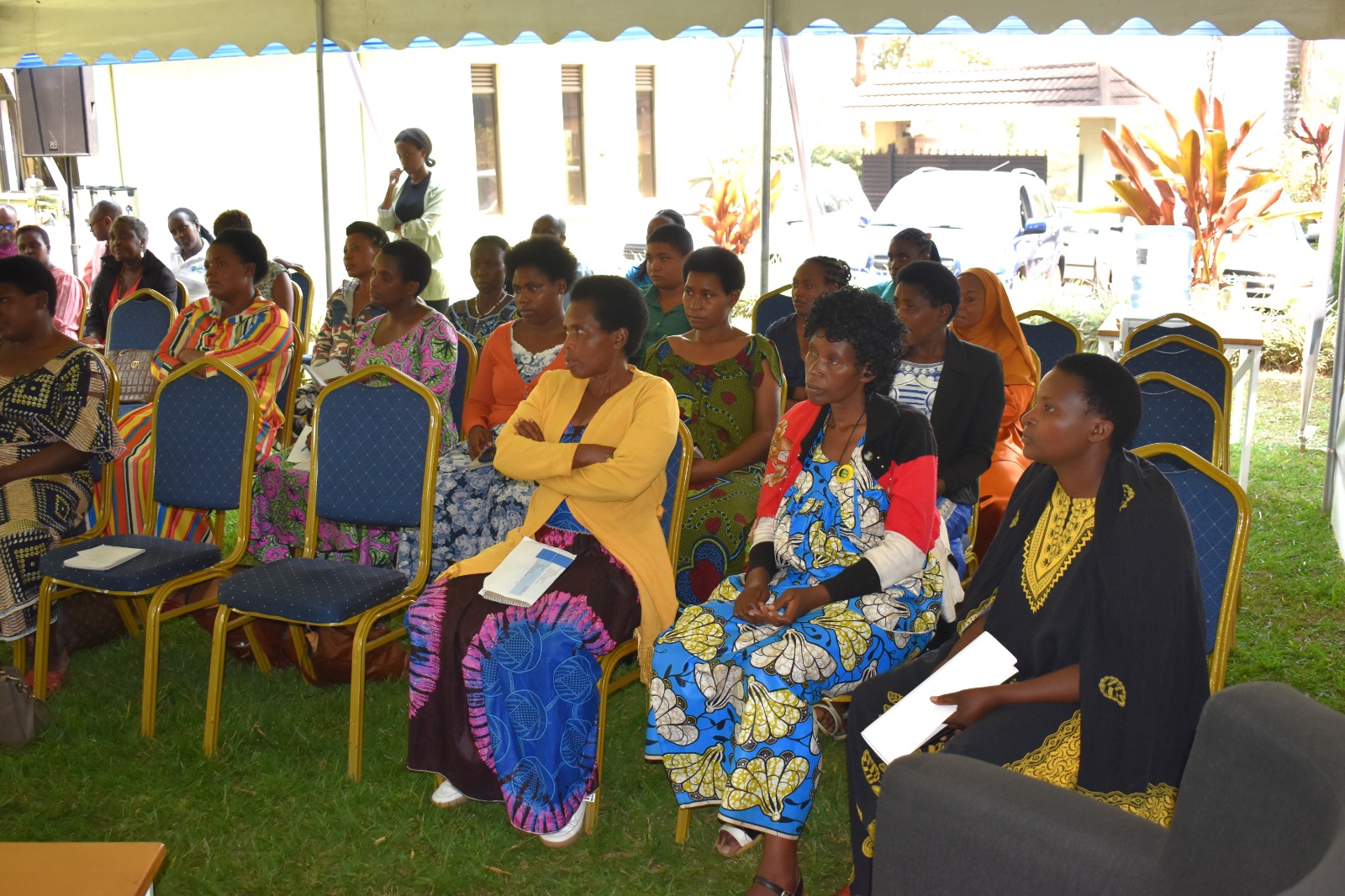
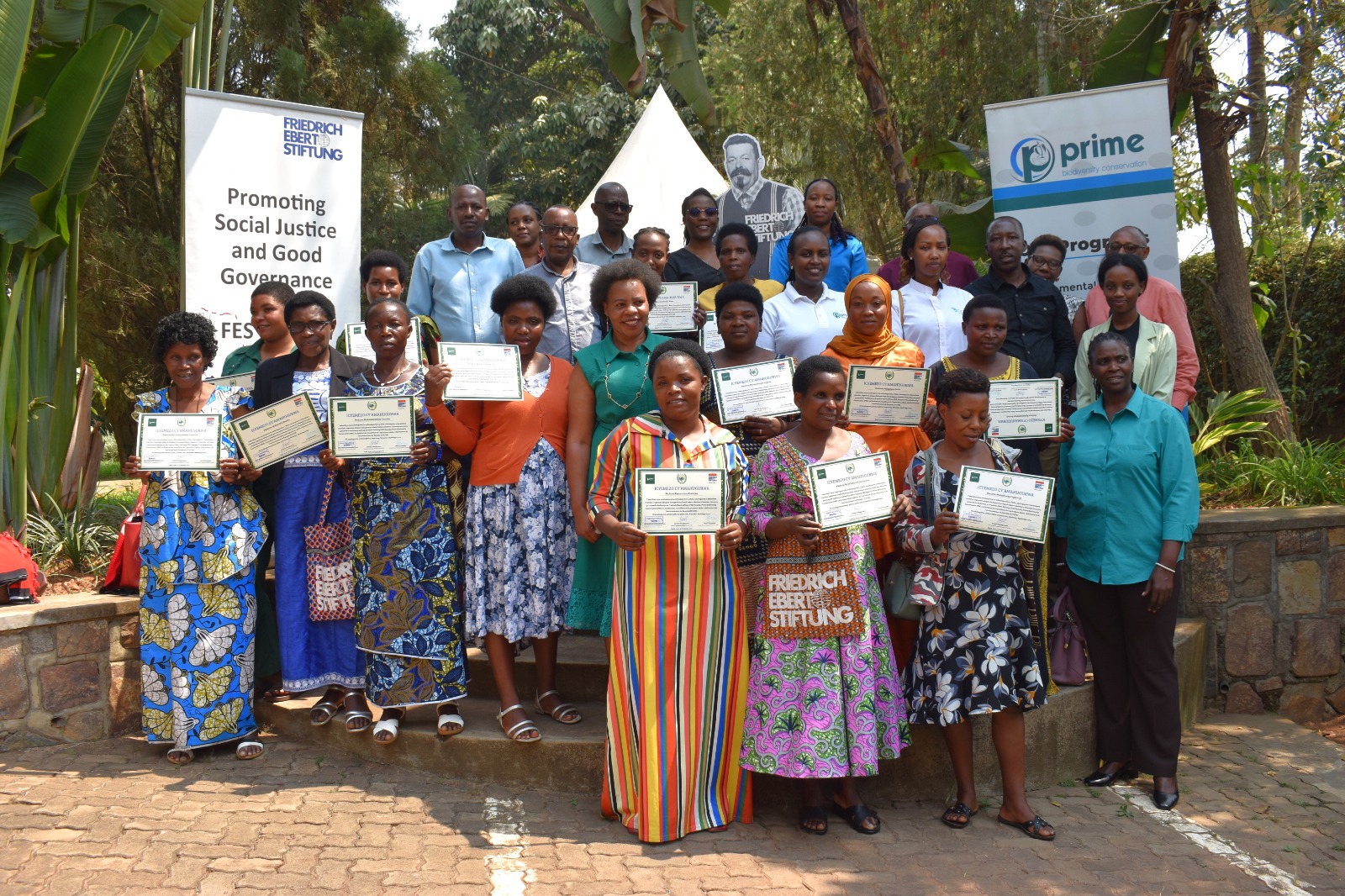
Related Articles
Global Agri & Food Safety Congress 2026: Building Resilient Food Systems in a Changing Climate
On 26–27 February 2026, international experts, researchers, industry leaders, farmers, and policymakers...
Why Animals Are a Key Piece of Africa’s Disaster Resilience Puzzle
Across Africa, people and animals have coexisted for centuries, not just sharing...
Leaders Call for Stronger Monitoring to Turn Ecosystem Restoration Commitments into Results
Nairobi, Kenya — 27 January 2026 Country and regional leaders, alongside technical...
Worm Tea: A Natural Path to Farming Without Harmful Chemicals
For much of his early farming life, Isaac Mubashankwaya believed chemical fertilizers...



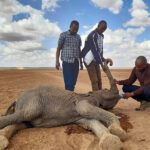


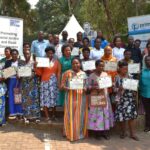



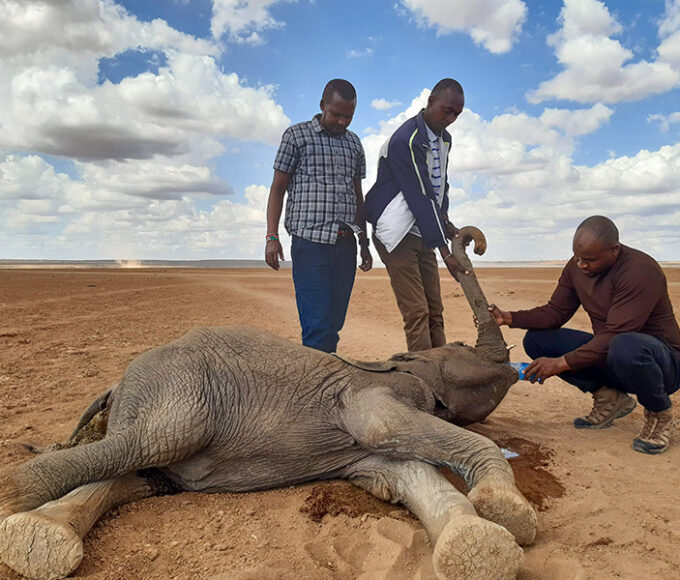
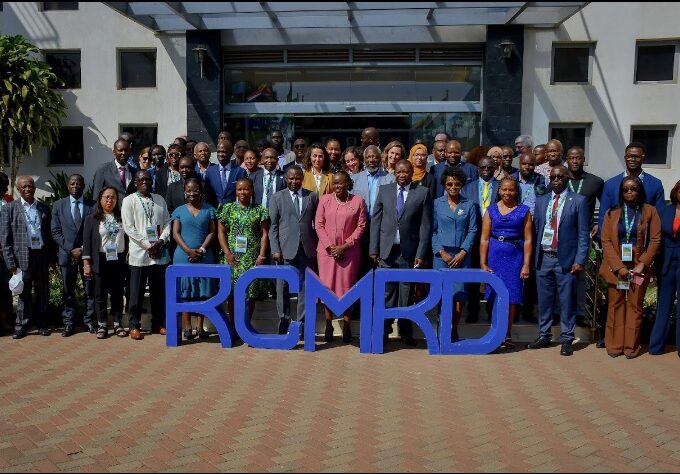
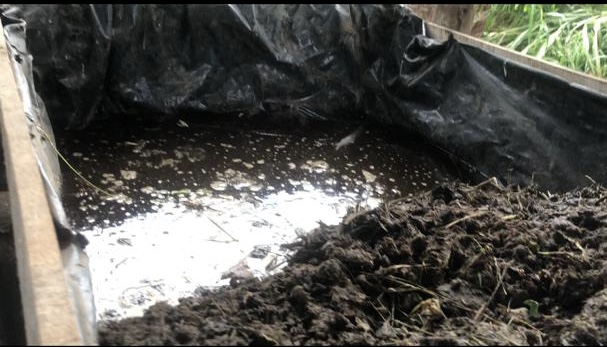
Leave a comment